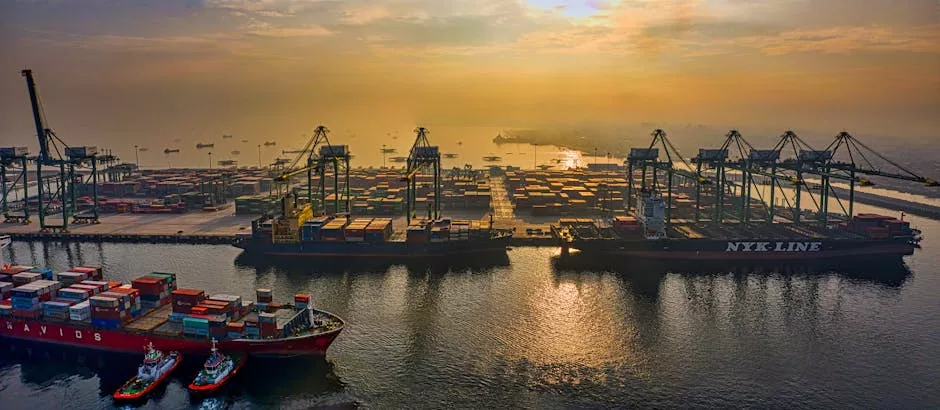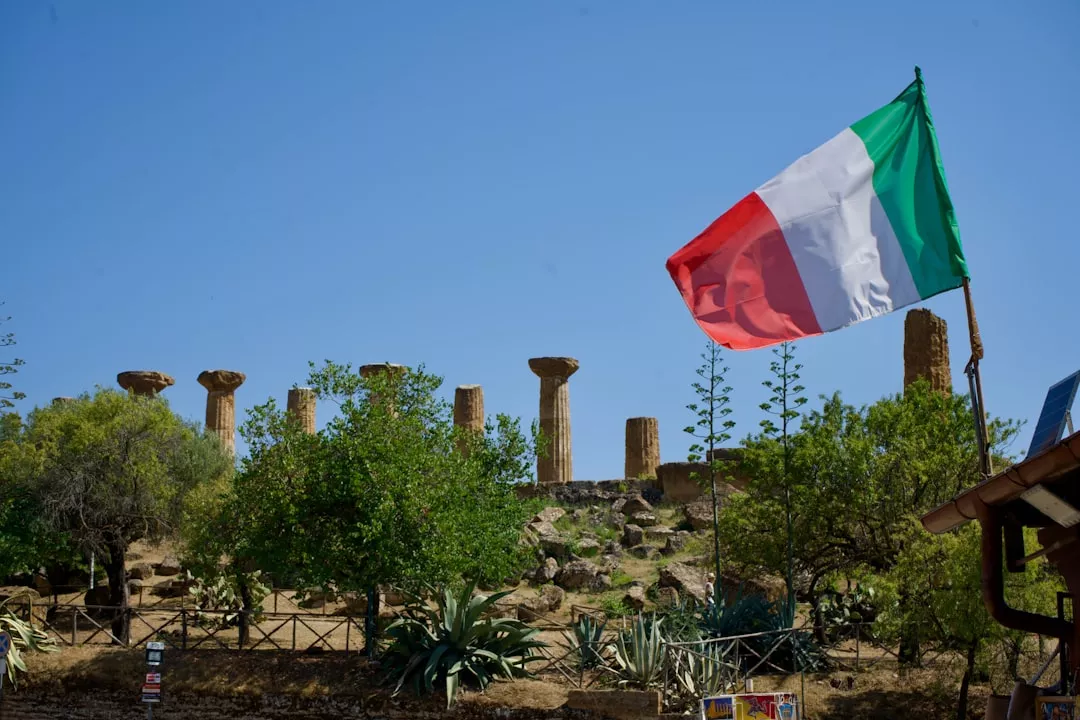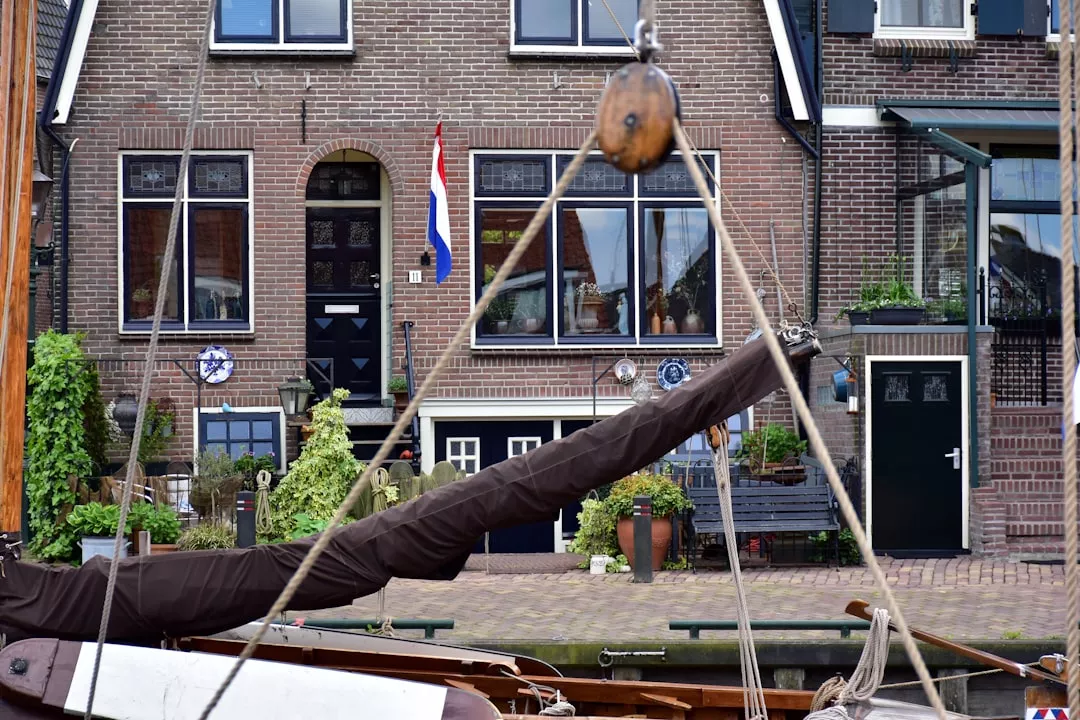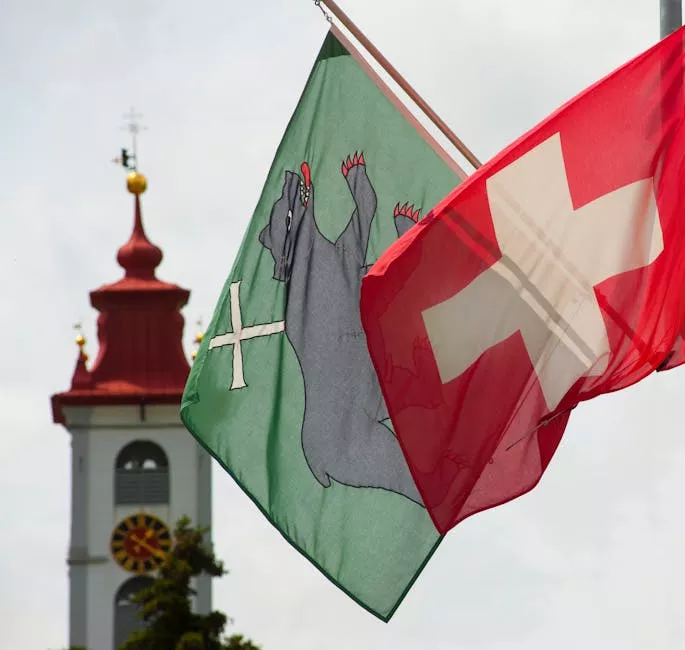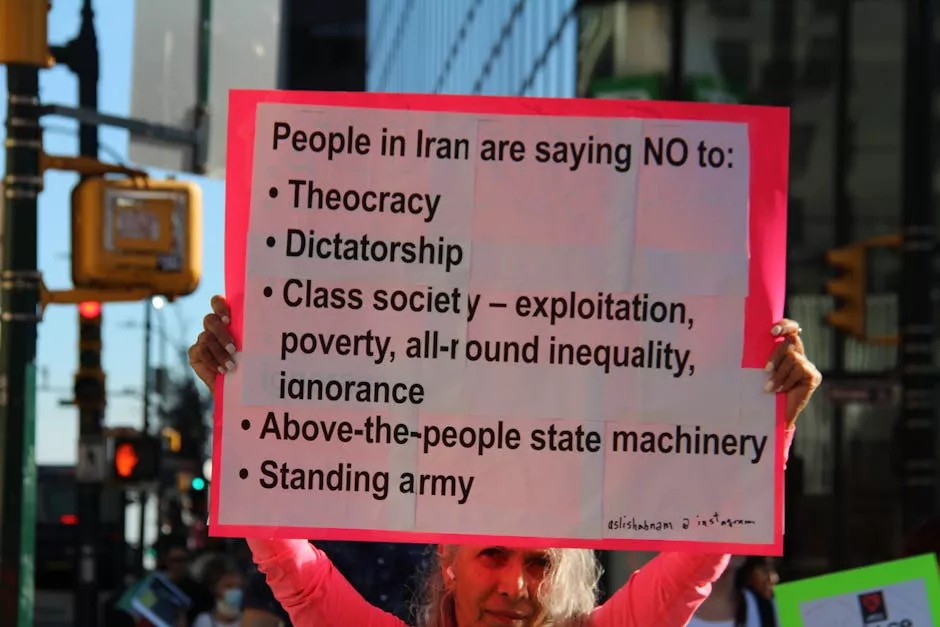EU Conditions Palestinian Aid on Reforms Amid Gaza Crisis
European Union demands sweeping reforms from Palestinian Authority before releasing crucial funding, while Hamas control complicates Gaza reconstruction efforts.

The European Union has escalated pressure on the Palestinian Authority (PA) by explicitly linking future financial assistance to comprehensive institutional reforms, creating a complex diplomatic challenge as Gaza reconstruction efforts hang in the balance.
EU officials announced that continued European funding for Palestinian territories will depend on the PA's ability to demonstrate meaningful progress in governance reforms, transparency measures, and administrative restructuring. This conditional approach represents a significant shift in European policy toward Palestinian aid distribution.
Reform Requirements and Funding Implications
The reform package demanded by Brussels includes enhanced financial accountability, judicial independence, and improved public administration systems. European negotiators have emphasized that these changes are essential for ensuring aid effectiveness and preventing misuse of international funds.
However, the PA faces mounting pressure to accelerate these reforms while managing limited administrative capacity and ongoing political challenges. The timeline for implementing these changes remains unclear, potentially delaying critical humanitarian and development assistance.
Hamas Control Complicates Reconstruction
The most significant obstacle to European aid distribution remains Hamas's continued control over Gaza and its refusal to disarm. EU policy prohibits direct financial assistance to territories controlled by organizations designated as terrorist groups, creating a fundamental barrier to Gaza reconstruction efforts.
Hamas's military capabilities and governance structure in Gaza present European policymakers with an intractable dilemma: how to provide humanitarian assistance to Palestinian civilians while avoiding legitimization of Hamas authority. This challenge has persisted since Hamas's takeover of Gaza in 2007.
Geopolitical Ramifications
The EU's conditional aid approach reflects broader international efforts to strengthen Palestinian institutional capacity while addressing security concerns. However, critics argue that linking humanitarian assistance to political reforms could exacerbate civilian hardship in Palestinian territories.
Regional powers are closely monitoring European policy changes, as any shifts in Palestinian funding could affect broader Middle Eastern stability. The United States and Arab nations have expressed varying degrees of support for reform-linked assistance, though coordination remains incomplete.
International Coordination Challenges
The European approach highlights ongoing coordination difficulties among international donors supporting Palestinian development. Different funding criteria and political conditions from various donors create administrative complexity for the Palestinian Authority.
As European officials continue negotiations with Palestinian representatives, the success of this reform-linked aid model could influence future international assistance frameworks across conflict-affected regions globally.
